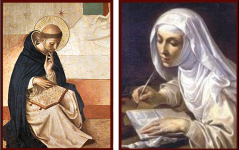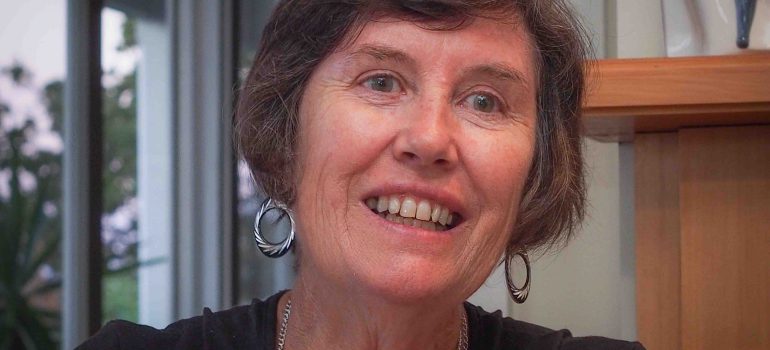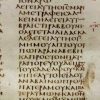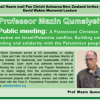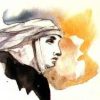An opinion piece in The New Zealand Herald on Wednesday 6 May 2015 caught my attention. It was written by Brian Rudman under the heading “Focus on Gallipoli a national identity crisis”. This provocative article and an event the next day led to my penning the following thoughts, as part of my homework for our Waitakere Writers group.
Search for Identity
Dedicated to Erima Henare
On Thursday morning 7 May 2015 I had to travel to Wellington for a meeting. As I drove to the airport I turned on Radio Wātea, an urban Māori radio station. About 10 minutes into my journey the announcer expressed his regret that he had some sad news to share. “A great kaumatua has passed: Erima Henare.” A surge of emotion welled up inside me. Erima was someone I knew. Not personally, but because he was the main speaker at the hearing of Ngāpuhi’s claim to the Waitangi Tribunal. I had the wonderful privilege of being on a panel who was asked to attend all five weeks of the hearing.
One of the many interesting things Erima told us was that in 1939 Ngāpuhi declared war on Germany before the New Zealand Government did. This was because, since at least 1820, Ngāpuhi leaders had a close relationship with the British monarchs. For Ngāpuhi, this meant they must support their friends and allies in their time of need. Erima had an appreciation for those who had fought for their country. His father, Sir James Henare, had been commander of the Maori Battalion and, undoubtedly, other members of his whānau had fought in World Wars 1 and 2.
War, however, was not the first or primary part of his identity. Most crucial was his whakapapa, the genealogy that connected him directly to his ancestors and, thence, out to many, many others. His whakapapa connected him, too, to the whenua – the land of his hapū, Ngāti Hine. His people’s history, songs, sayings were all woven into their land. The whenua was the starting point for all else. Erima explained that the Ngāpuhi tribes had invited the Queen’s people to come under their mantle: to share in the bounty of Papatūānuku, Mother Earth, and to live together as friends bringing respect and enrichment to one another. For the newcomers, there was the possibility for them to learn something of how to find real identity in these lands, so far from the homes where their own ancestors lay.
Now, why have I recounted these things? Because identity is an issue that crucially affects each of us, individually and as a nation. I agree with Brian Rudman when he says that “this single-minded fixation [of our national identity] on an imperial war fought 100 years ago on the other side of the globe is a travesty”. And I agree when he says that acquainting ourselves with the history of our own land would be a much better thing to do. However, I cannot go along with him when he suggests that we look for identity in the wars that have happened within New Zealand. Why on earth use war as the primary focus for our identity? Better, by far, to learn from tangata whenua about finding our identity through love for the hills, the streams, the bays where we are living. How valuable it would be for our children to know something of the long history of intimate relationship that local Māori communities have with the whenua, and the stories of all those who through poetry, art and action have strengthened our bonds with the Earth, our bounteous Mother!
Susan Healy
9 May 2015
Ngāpuhi = alliance of Northland tribes; kaumatua = respected elder; whānau = family; whakapapa = geneaology; whenua = land; tangata whenua = people of the land; Ngāti Hine = hapū (tribe) within the Ngāpuhi alliance
